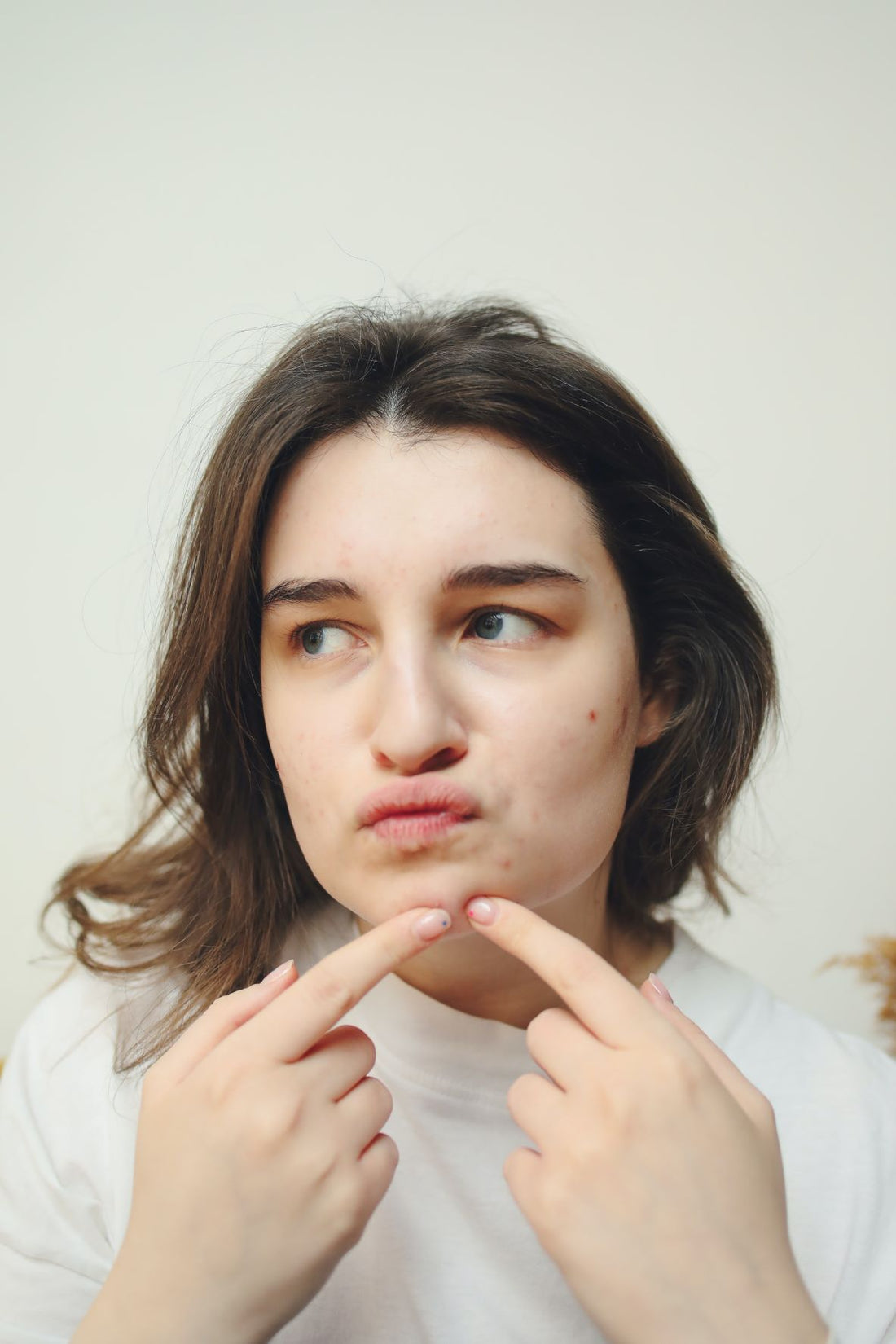Acne is a common skin condition that affects many people, particularly during adolescence. Black seed oil, also known as Nigella sativa or "black cumin," is a popular supplement that is believed to have a range of health benefits, including for skin health. Some people claim that black seed oil can help to clear up acne, but scientific evidence supporting this claim is limited.
Black seed oil is rich in antioxidants, which may help to protect the skin from damage caused by free radicals. Free radicals are molecules that can damage cells, leading to inflammation and the formation of acne. Antioxidants can neutralize free radicals and reduce inflammation, which may help to clear up acne.
Some preliminary research suggests that black seed oil may have anti-inflammatory properties, which could help to reduce acne-related inflammation. For example, a study published in the Journal of Ethnopharmacology found that black seed oil was able to reduce inflammation in the skin of mice. Another study published in the Journal of Cosmetic Dermatology found that a cream containing black seed oil was able to reduce the number of acne lesions in people with acne.
It's important to note that these studies were small and more research is needed to confirm these findings. Additionally, black seed oil should be used as a complementary treatment for acne, not as a replacement for traditional treatments. A proper skincare routine, such as cleansing and moisturizing the face regularly, using non-comedogenic products, and avoiding touching the face, are also important in preventing and managing acne.
In conclusion, while there is limited scientific evidence to support the claim that black seed oil can help to clear up acne, some preliminary research suggests that it may have anti-inflammatory properties that could help to reduce acne-related inflammation. It should be used as a complementary treatment for acne, in addition to a proper skincare routine and as directed by a healthcare professional. As always, it's important to consult with a healthcare professional before using any new supplements or making any major changes to your skincare routine.

